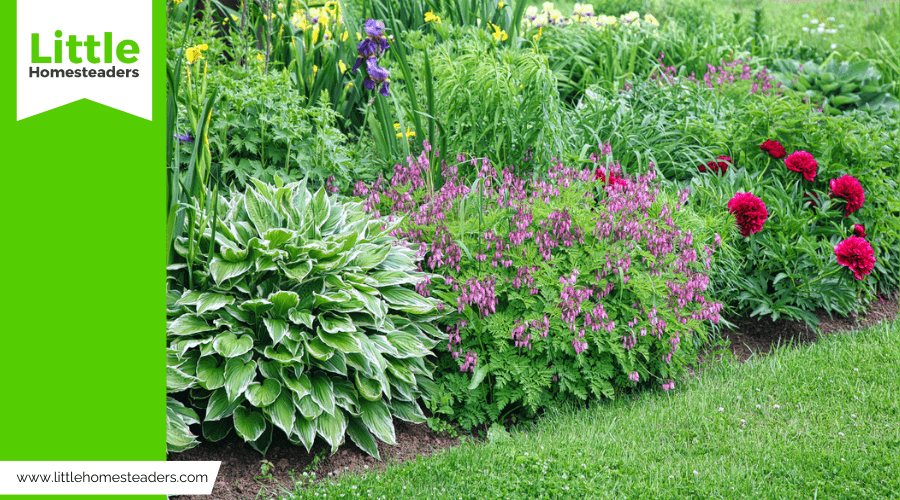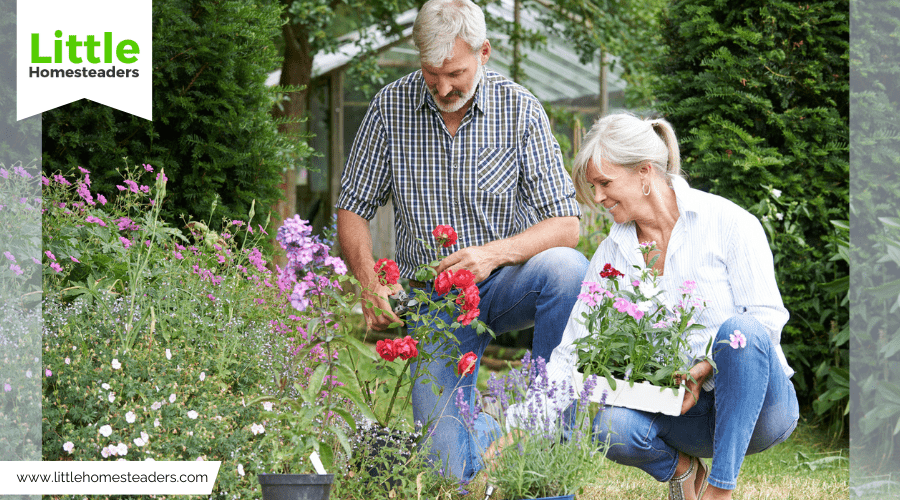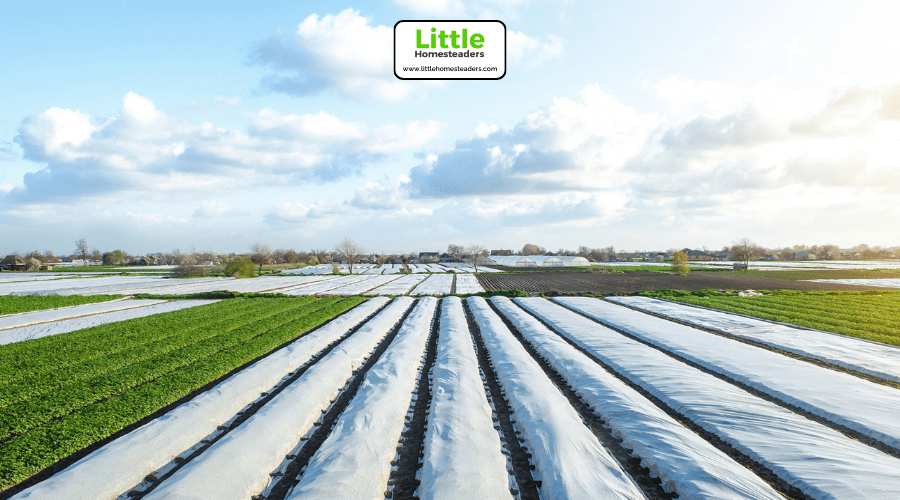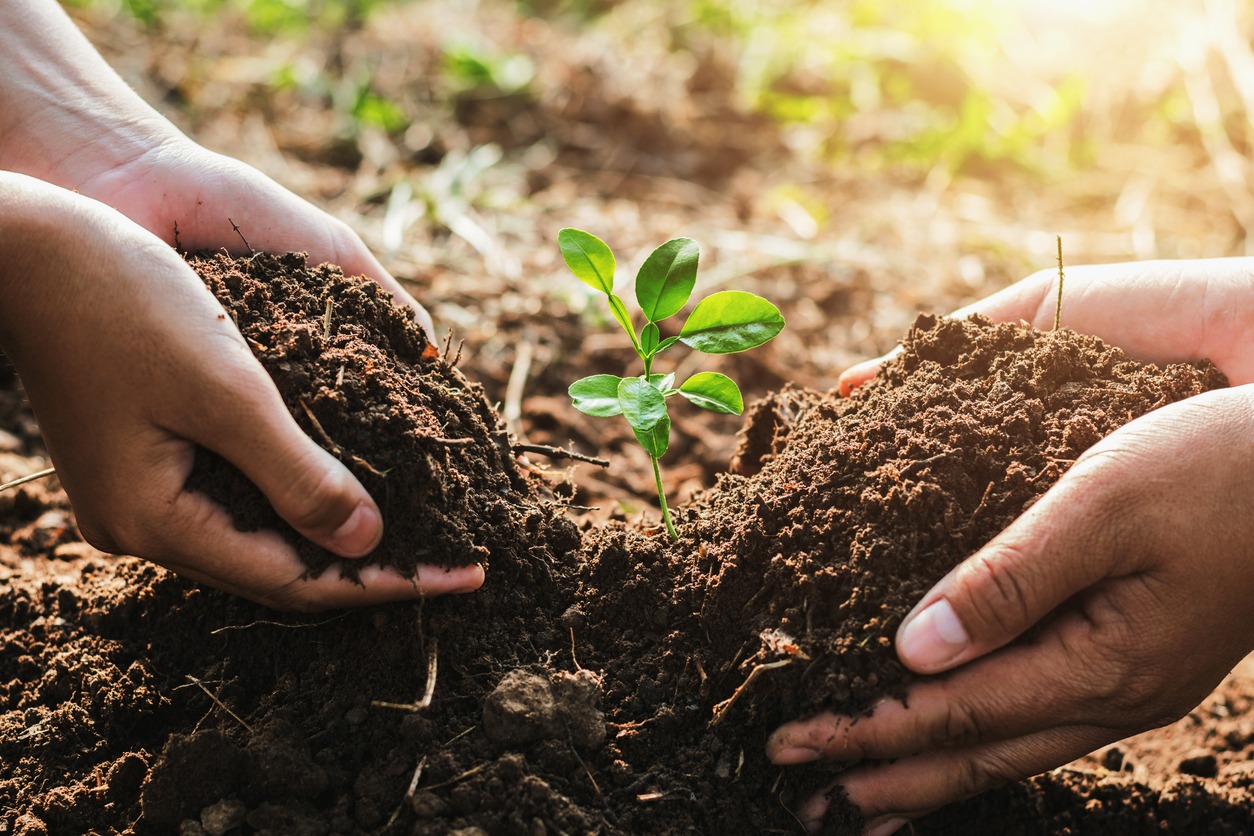Top Benefits of Organic Vegetable Farming for Homesteaders
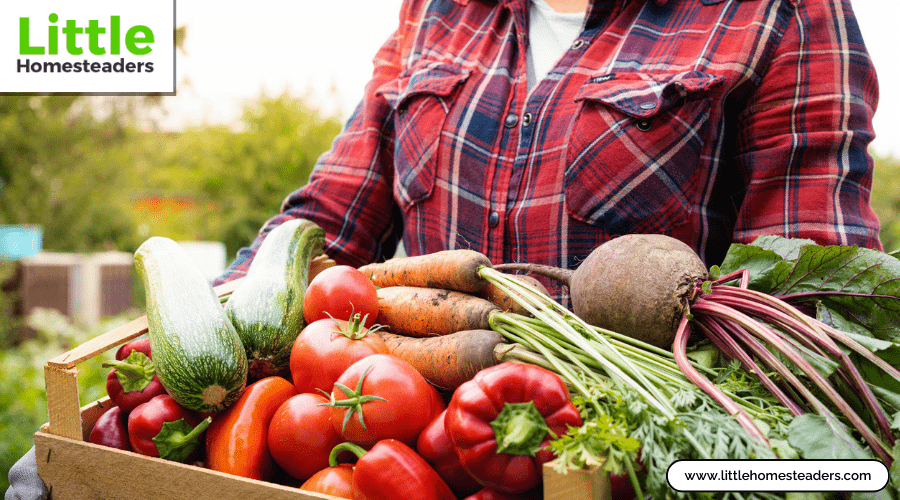
Growing your own vegetables organically is more than just a way to produce food—it’s a lifestyle that benefits your health, home, and environment. For homesteaders, starting an organic garden is an incredibly rewarding experience. Beyond giving you access to fresh, healthy produce, it fosters sustainability, promotes self-sufficiency, and offers plenty of opportunities for personal growth and family bonding.
Let’s dive into the many benefits of organic vegetable farming and how it can transform your homestead into a thriving, sustainable haven.
1. Fresh and Nutritious Produce
When you grow vegetables at home, you’re in control of what goes on your plate. The freshness of homegrown produce simply can’t be matched. Vegetables harvested right from your garden taste better, are packed with nutrients, and don’t come with the worry of chemical residues.
Why Organic Matters Unlike conventionally grown vegetables, organic produce is cultivated without synthetic pesticides or fertilizers. This means your family enjoys food that’s cleaner and healthier. Plus, studies show that organic vegetables often have higher levels of vitamins and antioxidants, giving you more nutritional bang for your buck.
Expanding Your Choices Growing your own garden means you can experiment with vegetables and herbs that you might not find in stores. Imagine having access to fresh heirloom tomatoes, unique salad greens, or rare herbs at your fingertips. It’s a wonderful way to diversify your diet and try new flavors.
The Beauty of Freshness When vegetables travel from farm to table, they often lose nutrients and flavor along the way. By growing your own, you skip the transportation and storage steps entirely, preserving every bit of goodness. You’ll notice the difference immediately—the crunchier lettuce, the juicier tomatoes, and the sweeter carrots are worth the effort.
A Tip to Get Started: Begin with vegetables that grow well in your local climate and season. Crops like lettuce, beans, and tomatoes are easy to grow and incredibly rewarding.
2. Environmental Sustainability
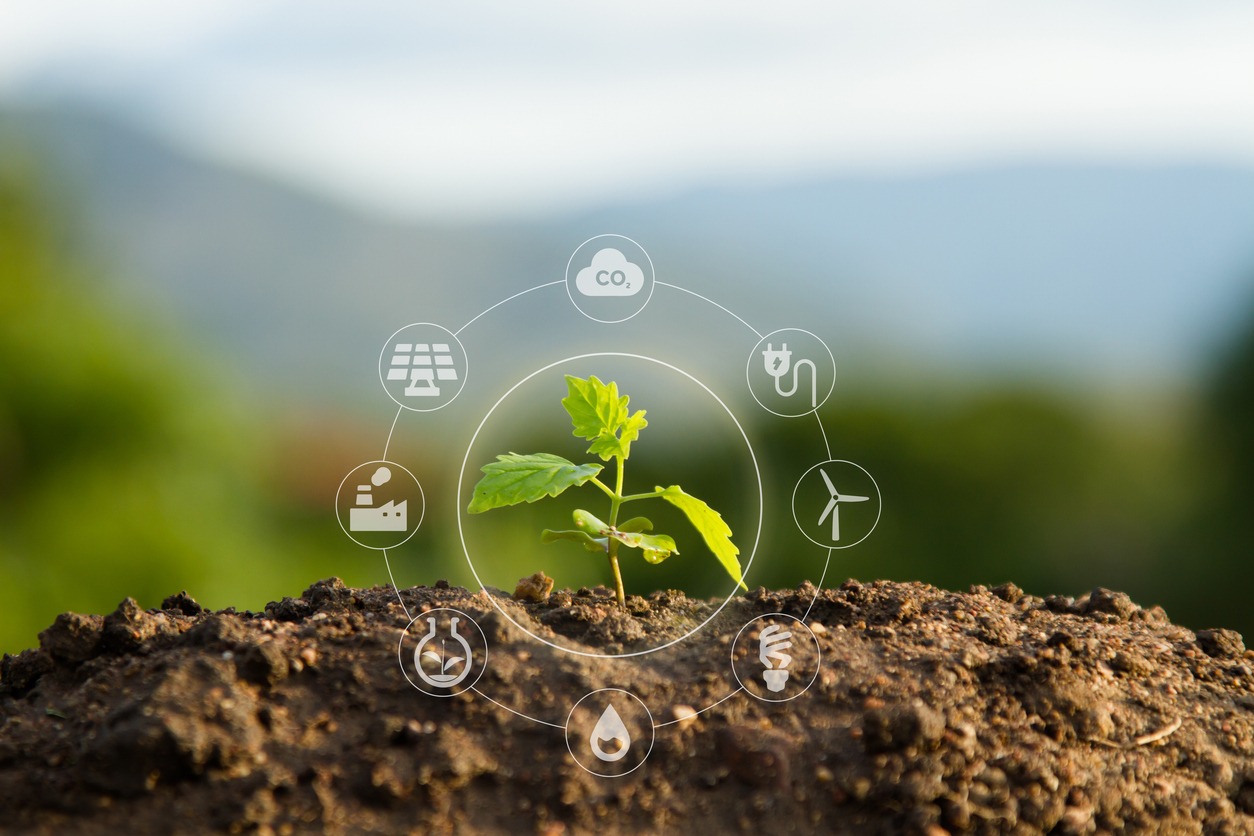
Your backyard garden does more than just feed your family—it also helps protect the planet. Organic gardening supports the environment by nurturing soil health, conserving water, and avoiding harmful chemicals.
Protecting Natural Resources Organic gardening is built on sustainable practices like composting and mulching, which keep soil fertile and reduce the need for artificial fertilizers. It also minimizes water waste by encouraging soil to retain moisture. These small changes make a big difference, especially in areas prone to drought.
Encouraging Biodiversity Your organic garden isn’t just for you—it’s also a sanctuary for beneficial insects and wildlife. Bees, butterflies, and birds thrive in an environment free of chemicals. Planting flowers alongside your vegetables helps attract these pollinators, ensuring better harvests while supporting the ecosystem.
Fighting Climate Change Growing your own food locally reduces the carbon footprint of long-distance transportation. Practices like composting and reduced tilling also help lock carbon into the soil, which is a small but meaningful step toward combating climate change.
Pro Tip: Incorporate native plants into your garden to attract local pollinators and create a more balanced ecosystem.
3. Cost-Effective Food Production
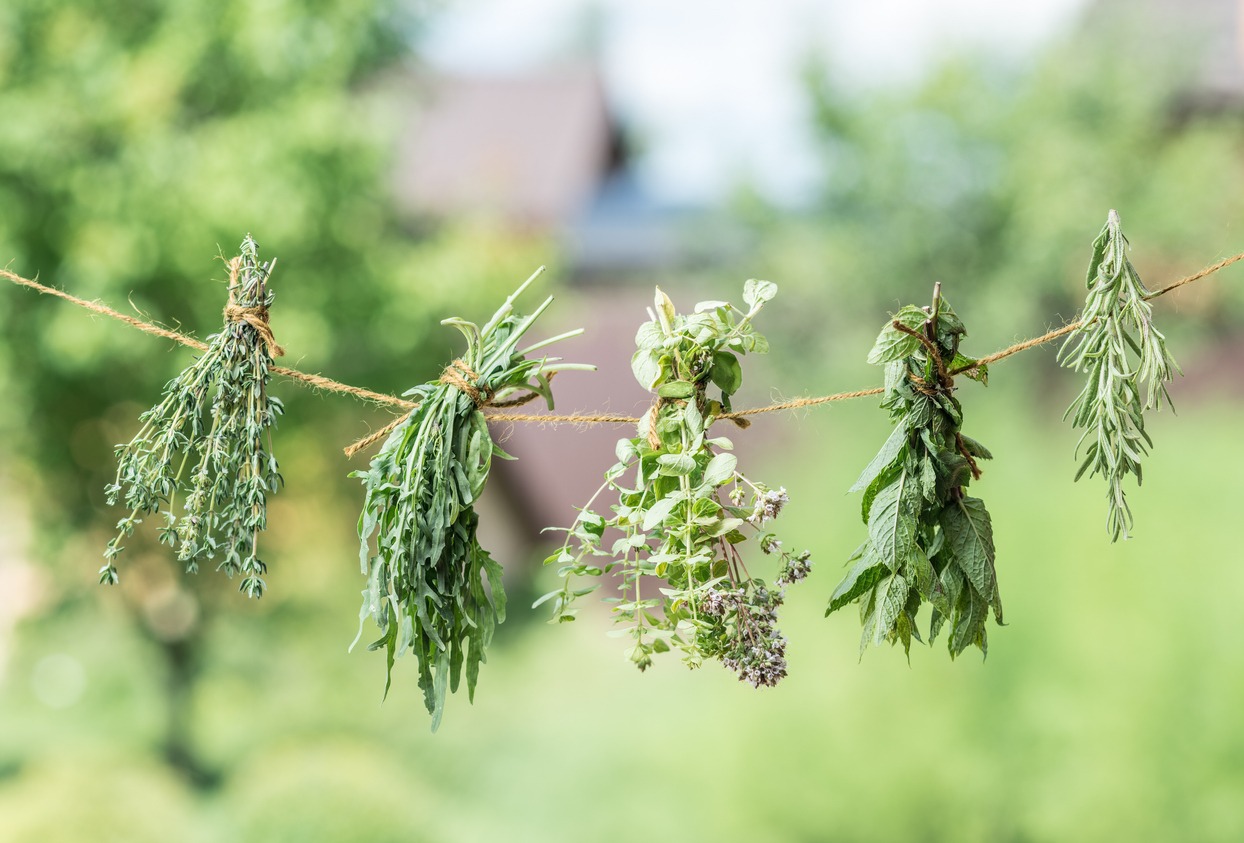
Starting an organic vegetable garden might require an initial investment, but the long-term savings are well worth it. You’ll notice your grocery bills shrinking as your garden grows.
Skip the Grocery Store Markups Organic produce in stores often comes with a high price tag. Growing your own vegetables saves you money, especially for premium crops like herbs, heirloom tomatoes, or specialty greens. You can enjoy these without the added cost.
Reduce Food Waste When you grow your own food, you harvest only what you need. Leftovers don’t have to go to waste—they can go into the compost bin and be turned back into fertilizer for your garden. This reduces waste and keeps the cycle of sustainability going.
Stocking Your Pantry With a little planning, you can grow enough to preserve for the off-season. Freezing, canning, and drying your harvest ensures a steady supply of organic produce throughout the year. Imagine making tomato sauce in winter with the tomatoes you grew in summer—it’s incredibly satisfying and cost-efficient.
A Tip for New Growers: Start with high-yield crops like zucchini, lettuce, and green beans. These grow quickly and give you plenty of produce for minimal effort.
4. Educational Opportunities for Families
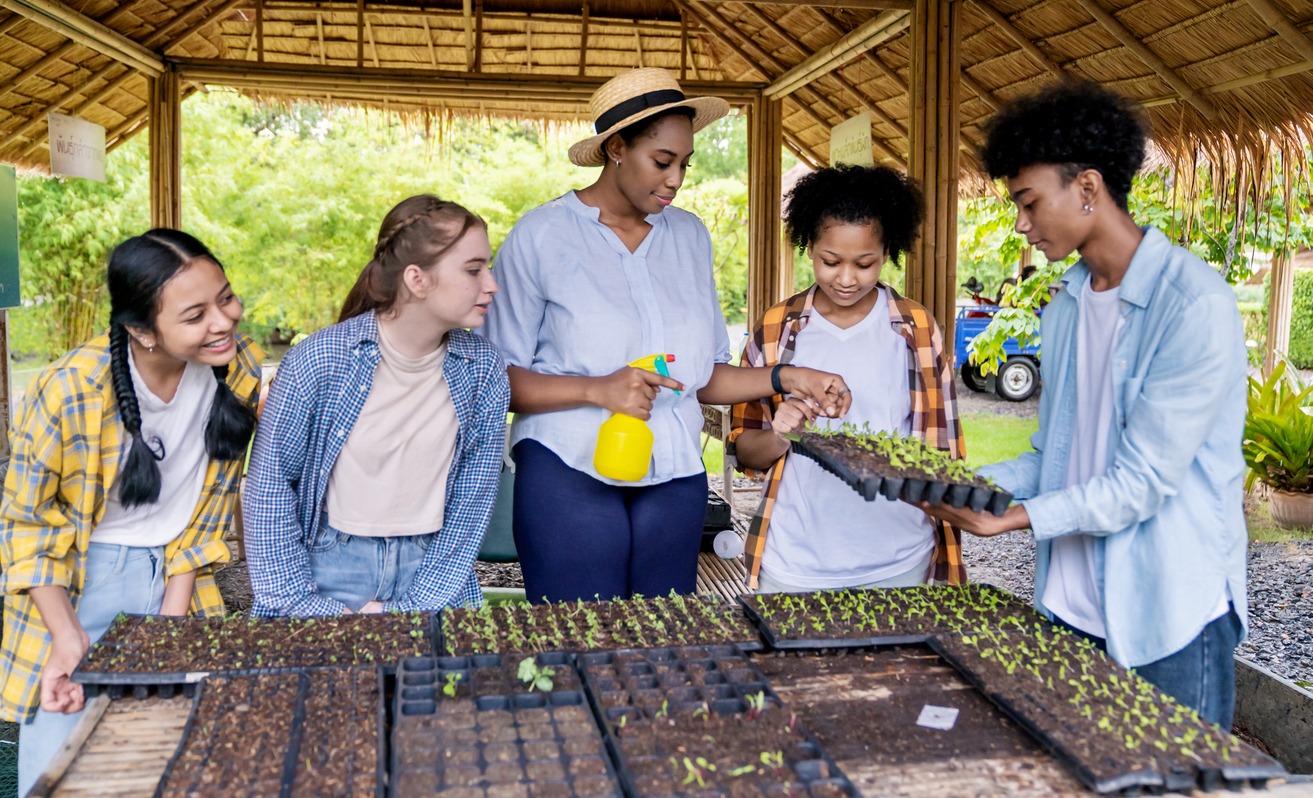
Gardening isn’t just about growing food—it’s also about growing knowledge. When you start an organic vegetable garden, you open the door to learning experiences for your whole family.
Learning Through Doing There’s no better way to understand where food comes from than by planting it yourself. From seed to harvest, every step teaches something new. Children can learn about the life cycle of plants, the role of insects, and the importance of healthy soil.
Strengthening Family Bonds Gardening is a great way to spend time together. Whether it’s planting seeds, pulling weeds, or harvesting vegetables, the shared effort creates a sense of teamwork and accomplishment. It’s also a chance to slow down and enjoy nature together.
Instilling Valuable Lessons Kids who help grow vegetables are more likely to eat them, fostering healthier eating habits. They also learn the value of hard work, patience, and responsibility—all while having fun.
A Fun Idea: Give each family member a small plot to manage. Let them choose what to grow and take care of their section. It’s a great way to foster independence and creativity.
5. Aesthetic Appeal and Property Value
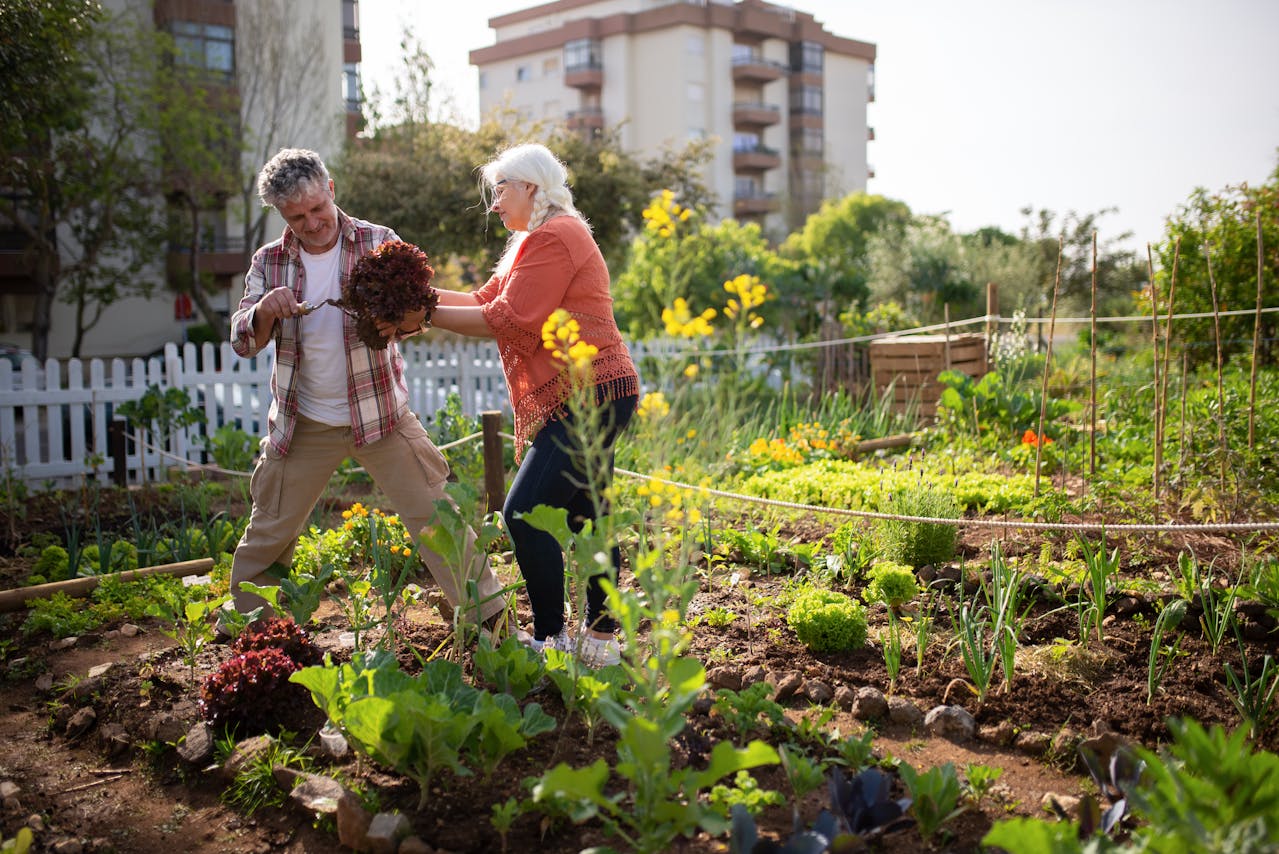
A thriving vegetable garden doesn’t just feed your family—it also enhances your home’s beauty and value. A well-designed organic garden can transform your yard into a picturesque, productive space.
The Beauty of Edible Landscaping Vegetables don’t have to be hidden away in the backyard. Incorporate them into your landscaping to create a beautiful and functional space. Trellises for climbing beans, rows of colorful lettuce, and patches of flowering herbs can all add charm to your garden.
Boosting Property Value A well-maintained organic garden can increase the appeal of your home. Many buyers are drawn to homes with sustainable features, and a productive garden can be a unique selling point.
Practical Design Tips: Use raised beds to add structure to your garden and keep it looking tidy. Pathways lined with mulch or stones make it easy to navigate while adding visual interest.
6. Soil Health and Biodiversity
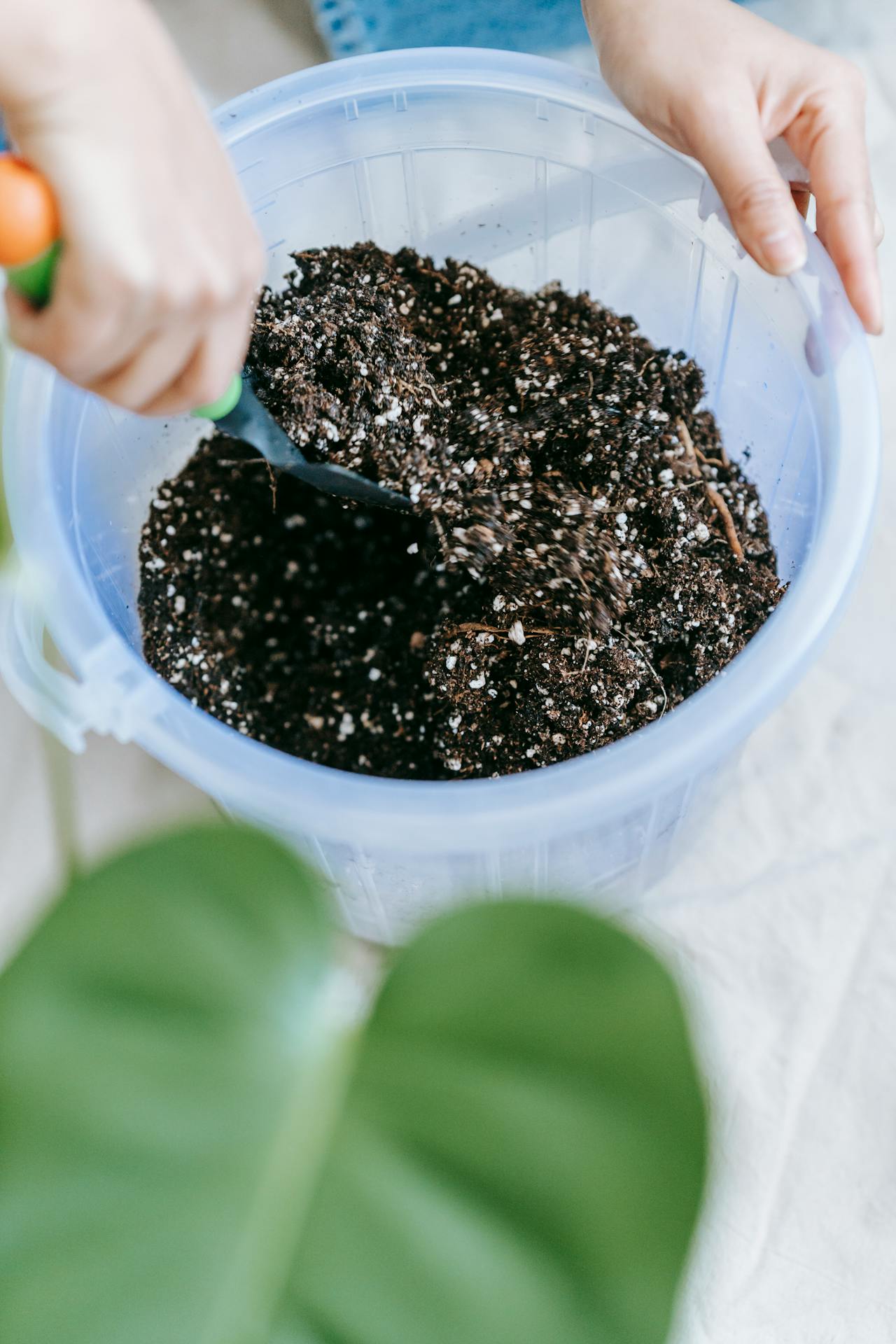
Healthy soil is the foundation of a thriving garden. Organic farming emphasizes nurturing the soil, which in turn produces better crops and supports a diverse ecosystem.
Creating Living Soil Organic gardening practices like composting and minimal tillage build soil rich in nutrients and teeming with life. Earthworms, beneficial microbes, and fungi work together to create an environment where plants can thrive.
Welcoming Wildlife When your garden supports biodiversity, it becomes a haven for wildlife. Birds, insects, and small animals all play a role in maintaining the health of your garden. These creatures help with pest control, pollination, and nutrient cycling, creating a balanced ecosystem.
Helpful Hint: Rotate crops every season to keep soil nutrients balanced and prevent pests from becoming a recurring problem.
7. Self-Sufficiency and Food Security
There’s something incredibly satisfying about being able to feed your family from your own garden. Organic farming empowers you to take control of your food supply and reduce dependence on external sources.
Building Resilience Growing your own vegetables means you’re less reliant on grocery stores, especially during times of supply chain disruptions. By saving seeds, diversifying your crops, and preserving your harvest, you create a system that supports you year-round.
Enjoying the Freedom Self-sufficiency doesn’t just save money—it also gives you peace of mind. Knowing that you can provide fresh, healthy food for your family, no matter what, is a feeling like no other.
A Practical Plan: Start with a mix of fast-growing crops for immediate harvest and longer-storage vegetables like potatoes and squash for later use.
Conclusion
Organic vegetable farming is so much more than a gardening method—it’s a way to live sustainably, save money, and connect with nature. It offers fresh, nutritious food, promotes biodiversity, and teaches valuable life lessons. Whether you’re looking to lower your grocery bills, boost your family’s health, or simply enjoy the beauty of a thriving garden, organic farming is the way to go.
If you’re ready to take the first step, start small, learn as you go, and let your garden grow with you. There’s no better time to begin than now.

